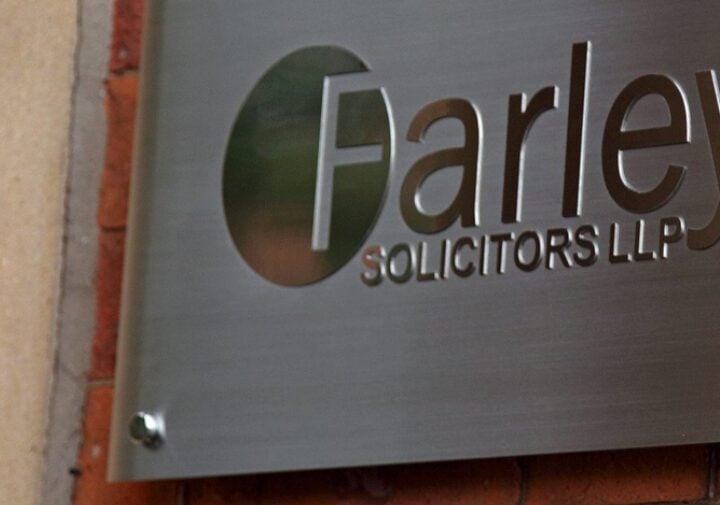Unmarried Couples at Risk of Losing Everything if the Relationship Breaks Down
The cohabiting couple is the second largest and fastest growing family type, having more than doubled from 1.5 million families in 1996 to over 3 million in 2017. It is for many, the modern relationship.
Yet, despite this, there are many legal differences between regulated relationships such as marriage and civil partnerships and unregulated cohabitation. Although there is some attempt to address these issues through proposed changes to the law, it looks unlikely to happen any time soon.
As we approach Cohabitation Awareness Week (27 November – 1 December), lawyers at Farleys Solicitors in Blackburn are calling on unmarried couples in Lancashire to protect themselves legally, as they may find themselves vulnerable in the event of a relationship breakdown.
Demand for advice in this area of law has seen Farleys establish a bespoke team to advise couples who need essential advice, particularly when facing the challenges of a breakdown in their relationship.
Family partner Antonia Love explained that most couples she worked with mistakenly believe that they acquire “common law” rights after living with their partner for a certain amount of time or having children together.
Antonia said:
The sad reality is that unmarried couples have very limited legal rights and responsibilities towards each other if the relationship breaks down.
This is why I urge all cohabiting couples to consider taking out basic protections, such as a cohabitation agreement to protect both partners if they separate, or think about life insurance. By setting out your intentions in these documents, you’ll be in a much better situation if the unexpected happens.
Rachel Harrison, a litigation expert at Farleys has seen a huge rise in property disputes between unmarried couples. She reminds us that it is vital that you do all you can to ensure that you are protected and are aware of your options when there is a property involved, in the event your relationship breaks down.
Rachel said:
“If you are holding a property as a joint tenant and your relationship breaks down, you may no longer want your share to pass to the surviving joint owner on your death.
One of the first things to consider is whether to ‘sever’ the joint tenancy, so that you and your co-owner hold the property as tenants in common. You should then consider updating your Will to deal with your share of the jointly owned property.
If possible, you should try to reach agreement about the future of the property. It may be possible for one of you to buy the other’s share.. If there is a mortgage, you will need to deal with the transfer of the mortgage and you should both seek independent legal advice.
Alternatively, you may agree to sell. You will need to consider which estate agent is going to market the property and how the net proceeds of sale are to be distributed between you.
You will also need to decide whether you will remain living together whilst the property is on the market and if not, the practical arrangements if one of you decides to move out. It may take longer than you think to sell.
If agreement cannot be reached about whether the property should be sold and/or the arrangements for the sale, then as a matter of last resort, you can make an application to the Court under the Trusts of Land and Appointment of Trustees Act 1996 (TOLATA)”.
The Court has the power to order the sale of a jointly owned property. The Court can also give directions about the practical arrangements for the sale, including the minimum sale price and which estate agent is to be instructed. If there is a dispute about how the net proceeds of sale are to be divided, the Court can give a declaration about how these should be distributed.
Our family justice system needs to ensure that it protects and respects all modern day families, including those who do not want to enter into a marriage or civil partnership but still wish to benefit from the legal protection presently only given to those in regulated relationships. Whilst we wait for that to happen, legal advice at an early stage is the most important step to protect yourself.
Cohabitation Awareness Week is a national campaign led by Resolution, who aim for a fairer family justice system and aim to raise awareness about the lack of rights that exist for unmarried couples who live together.






